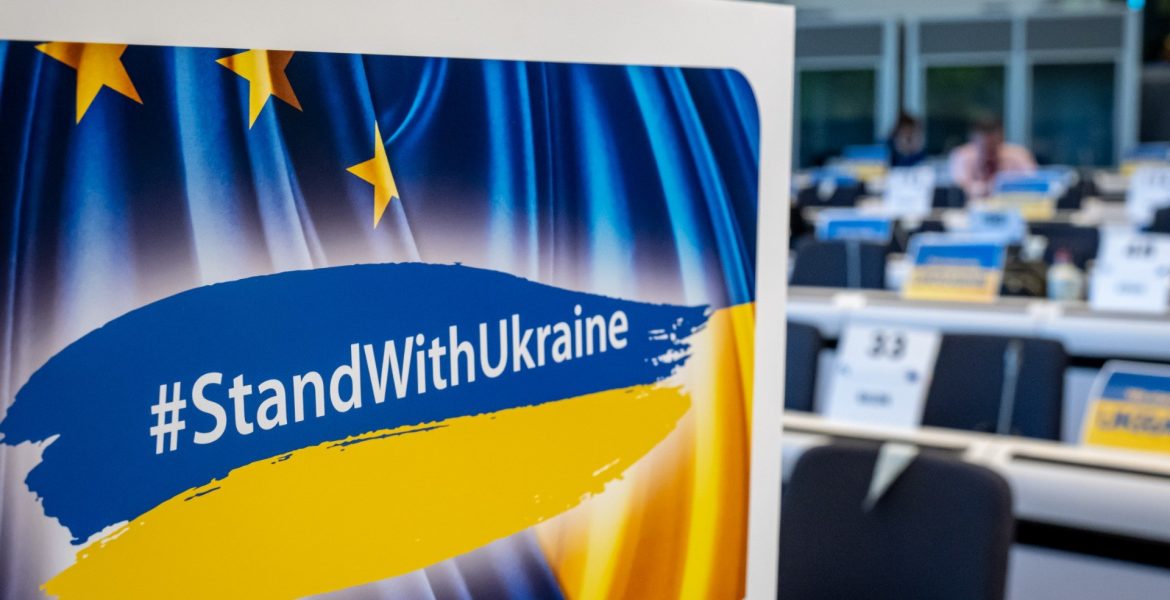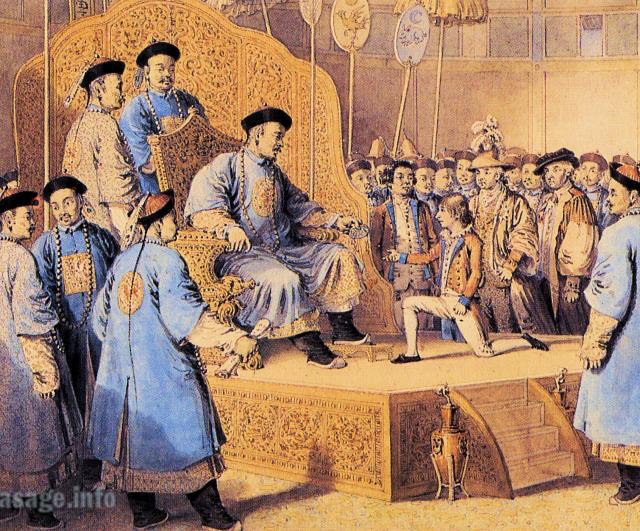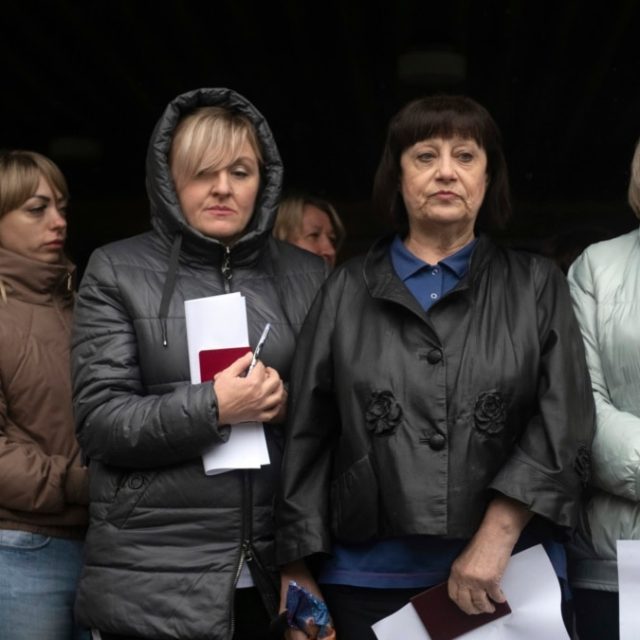Against the background of the European Council summit, the European Economic and Social Committee adopted this week a resolution on the Ukraine conflict.
The members expressed their solidarity with Ukraine and highlighted the role of the civil society in assisting Ukrainian people and refugees.
Opening the debate, President Christa Schweng stressed: “This invasion has put our security and values under threat, and the EU rightfully and forcefully stands with Ukraine, responding in unity and solidarity” and added “EU organised civil society is one of the building blocks of our democracy: it is in the first line in dealing with the humanitarian, economic and social consequences of the war, and it is showing its determination to help Ukrainian people to stand for the European values. We turn our solidarity into action and our support to Ukraine is unshakable”.
Commissioner for Home Affairs Ylva Johansson, highlighted the EESC’s extremely important role to play using its knowledge on the ground, as Europe has welcomed so far 3.5 million Ukrainian refugees, with 1.8 being children. The unprecedented solidarity to people fleeing the war in Ukraine by civil society organisations, citizens, authorities, has been remarkable, “making all of us proud of being Europeans. We work best when we work together” said Ms. Johansson and insisted “Putin is attacking our core values and Ukraine is defending them. They need our support”.
The presidents of the three Groups, rapporteurs of the resolution, underlined the crucial challenges Europe is faced with as a consequence of the war and called on EU leaders to take action, especially on migration policy, inflation, rising energy prices, on delivering a sustainable food system, on reducing dependencies and on building Europe’s strategic and technological autonomy.
Stefano Mallia, president of the EESC Employers’ Group said, “We welcome in our resolution the humanitarian actions taken so far, but we also urge member states to do more to help Ukraine, which is on the frontline to fight for democracy In 2013, in Maidan square, Ukrainians were looking up to Europe for inspiration, today it is Europe looking up to Ukraine for inspiration.”
Oliver Röpke, President of Workers’ Group highlighted, “One of my key messages is that the international community and Europe has to stand united in this situation. All attempts of Putin to create divisions among us, among the member states, must fail. In a war like this, our committee must primarily stand for a humanitarian approach, for support for civil society, for a negotiated solution, even if this hardly seems realistic at the moment”
Séamus Boland, President of the Diversity Europe Group also said, “The Russian invasion of Ukraine represents the largest and most violent unprovoked aggression on European continent since 1939 and we must stand against it. We must denounce Putin and we must at all times look for peace”.
Representatives from Ukrainian and Russian civil society brought a strong emotional impact to the debate through their first hand experiences of the war.
The founder of the Open Russia movement, Mikhail Khodorkovsky who flagged the disastrous consequences from disinformation. “We have come together as an anti-war committee. We are all motivated by the same desire to get the information across to Russian citizens. Trying to combat disinformation is our prerogative, even beyond Russia”.
The presidentof the National Tripartite Social and Economic Council of Ukraine, Anatoliy Kinakh, in an emotional tone called this tragedy “a crime against civilization, not only a military aggression”. He said, “We will have to rebuild Ukraine, our industry and our economy. We are already working on this and we’re very grateful to our European partners for initiating a Marshall Plan of sorts for Ukraine”.
Alexander Shubin, Chair of the Ukrainian Civil Society Platform requested that Europe continue the support Ukraine and is aspirations to be part of the European family.
Gennadiy Chyzhykov, President of the Ukrainian Chamber of Commerce and Industry, asked from European employers and business organisations to support Ukrainian companies.
Finally, Ms. Yevgenya Pavlova from the National Assembly of People with Disabilities of Ukraine, reminded not to forget the Ukrainian population with disabilities who are extremely vulnerable and need special attention.




